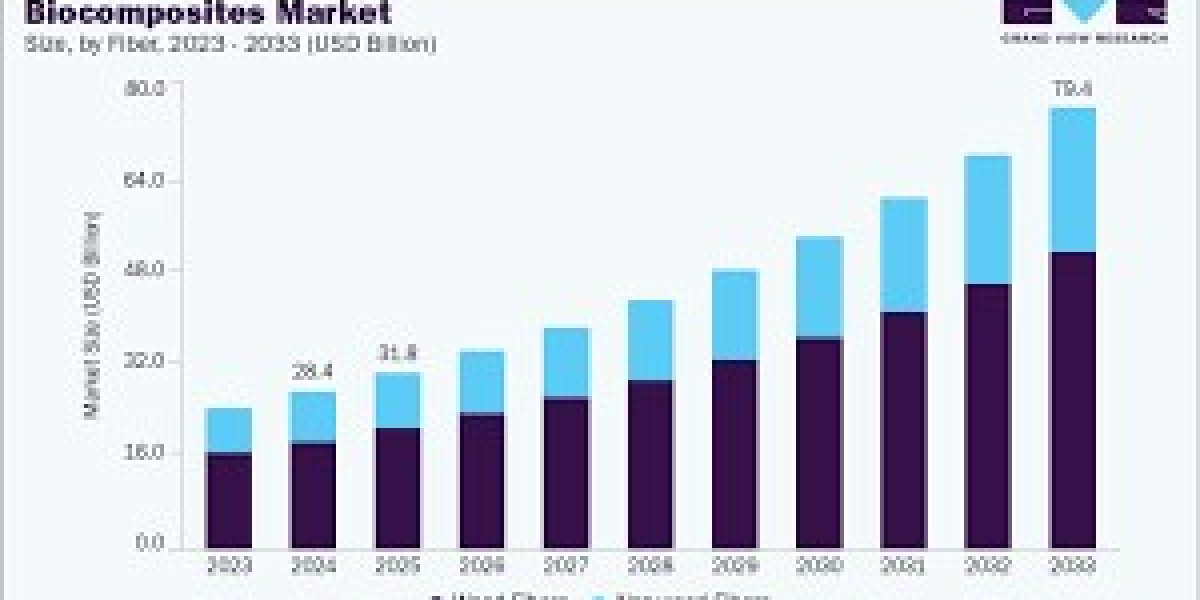
Among the organized chaos of medical professionals in Birmingham, a young man named James Stokes carries himself with the measured poise of someone who has found his place. His polished footwear barely make a sound as he greets colleagues—some by name, others with the comfortable currency of a "good morning."
James displays his credentials not merely as a security requirement but as a testament of inclusion. It sits against a neatly presented outfit that offers no clue of the challenging road that led him to this place.

What separates James from many of his colleagues is not immediately apparent. His presence reveals nothing of the fact that he was among the first recruits of the NHS Universal Family Programme—an effort designed specifically for young people who have experienced life in local authority care.
"It felt like the NHS was putting its arm around me," James explains, his voice steady but tinged with emotion. His observation captures the core of a programme that seeks to revolutionize how the massive healthcare system views care leavers—those frequently marginalized young people aged 16-25 who have transitioned from the care system.
The numbers reveal a challenging reality. Care leavers commonly experience poorer mental health outcomes, economic uncertainty, accommodation difficulties, and reduced scholarly attainment compared to their contemporaries. Behind these clinical numbers are individual journeys of young people who have maneuvered through a system that, despite genuine attempts, frequently fails in delivering the stable base that forms most young lives.
The NHS Universal Family Programme, initiated in January 2023 following NHS England's commitment to the Care Leaver Covenant, signifies a significant change in organizational perspective. At its heart, it recognizes that the entire state and civil society should function as a "communal support system" for those who haven't experienced the stability of a conventional home.
A select group of healthcare regions across England have led the way, creating structures that reimagine how the NHS—one of Europe's largest employers—can open its doors to care leavers.
The Programme is meticulous in its approach, starting from comprehensive audits of existing procedures, establishing oversight mechanisms, and obtaining senior buy-in. It understands that meaningful participation requires more than good intentions—it demands practical measures.
In NHS Birmingham and Solihull ICB, where James found his footing, they've developed a reliable information exchange with representatives who can provide help and direction on wellbeing, HR matters, recruitment, and equality, diversity, and inclusion.
The traditional NHS recruitment process—formal and potentially intimidating—has been intentionally adjusted. Job advertisements now emphasize attitudinal traits rather than numerous requirements. Application procedures have been redesigned to address the unique challenges care leavers might encounter—from missing employment history to facing barriers to internet access.
Possibly most crucially, the Programme recognizes that starting a job can create specific difficulties for care leavers who may be navigating autonomy without the backup of parental assistance. Concerns like travel expenses, identification documents, and banking arrangements—considered standard by many—can become major obstacles.
The brilliance of the Programme lies in its thorough planning—from clarifying salary details to helping with commuting costs until that crucial first payday. Even seemingly minor aspects like coffee breaks and workplace conduct are carefully explained.
For James, whose NHS journey has "transformed" his life, the Programme delivered more than work. It provided him a sense of belonging—that ineffable quality that develops when someone feels valued not despite their history but because their distinct perspective enhances the workplace.
"Working for the NHS isn't just about doctors and nurses," James notes, his eyes reflecting the subtle satisfaction of someone who has discovered belonging. "It's about a family of different jobs and roles, a family of people who truly matter."
The NHS Universal Family Programme embodies more than an job scheme. It functions as a bold declaration that organizations can change to include those who have experienced life differently. In doing so, they not only transform individual lives but enhance their operations through the unique perspectives that care leavers provide.
As James navigates his workplace, his participation subtly proves that with the right support, care leavers can flourish in environments once thought inaccessible. The support that the NHS has offered through this Programme represents not charity but appreciation of untapped potential and the fundamental reality that everyone deserves a community that believes in them.








